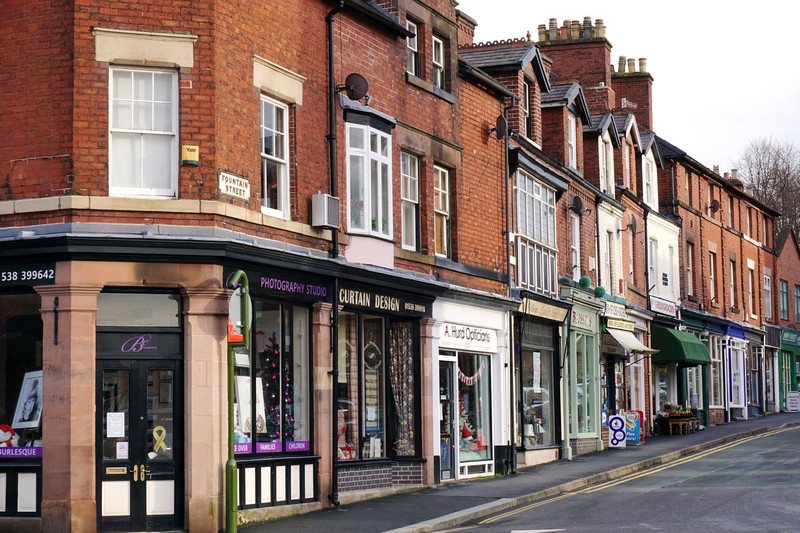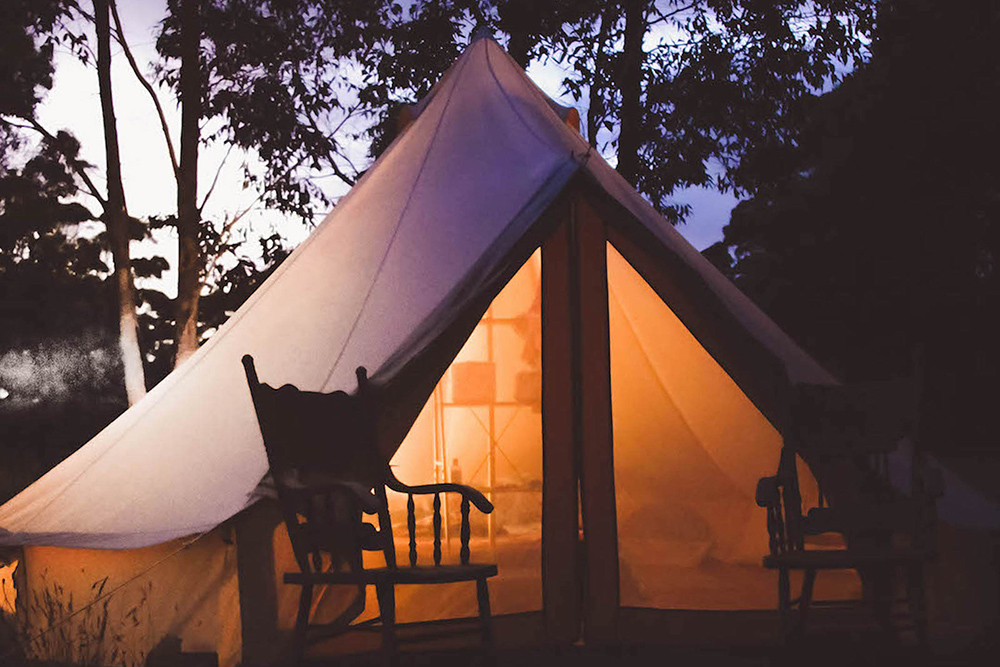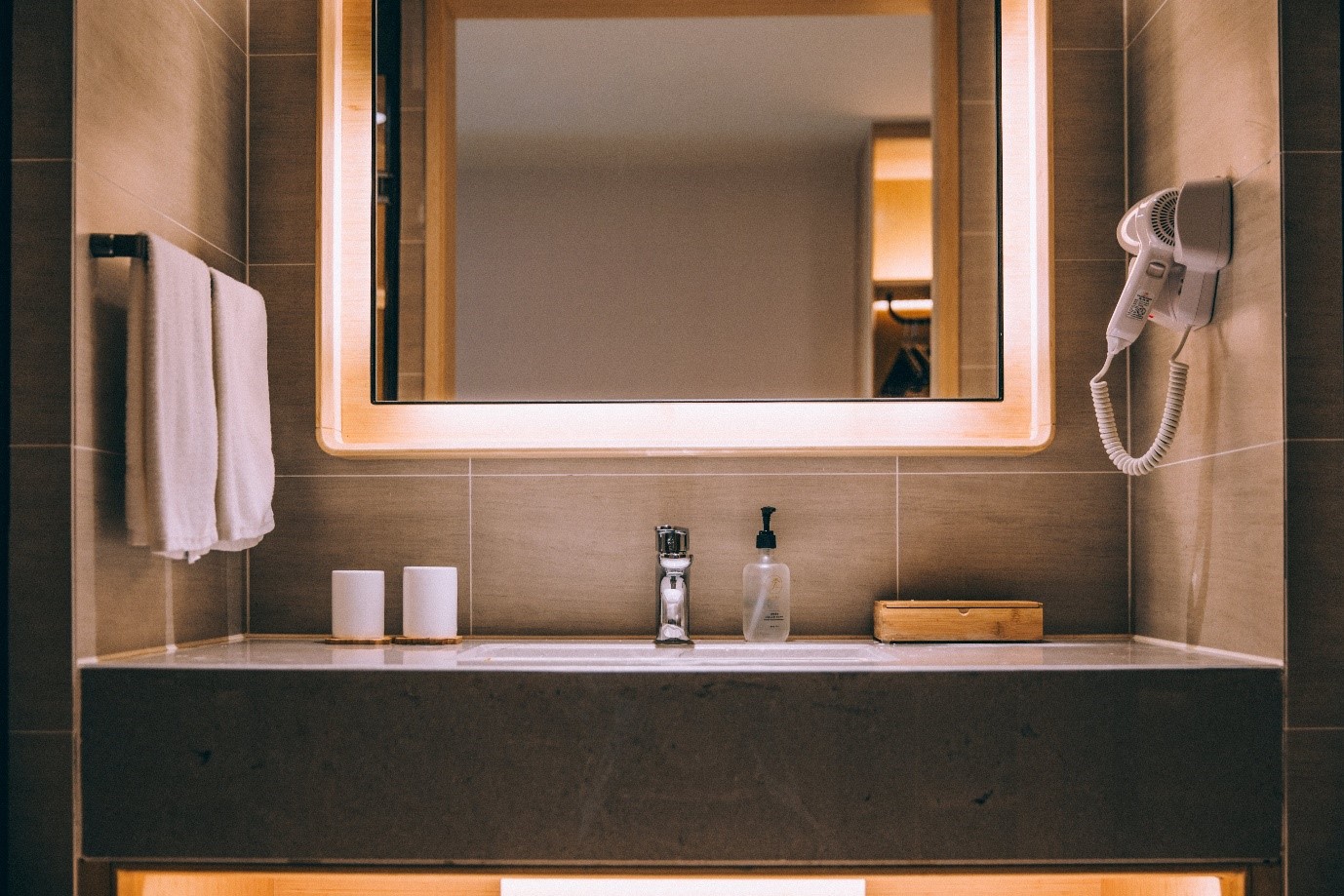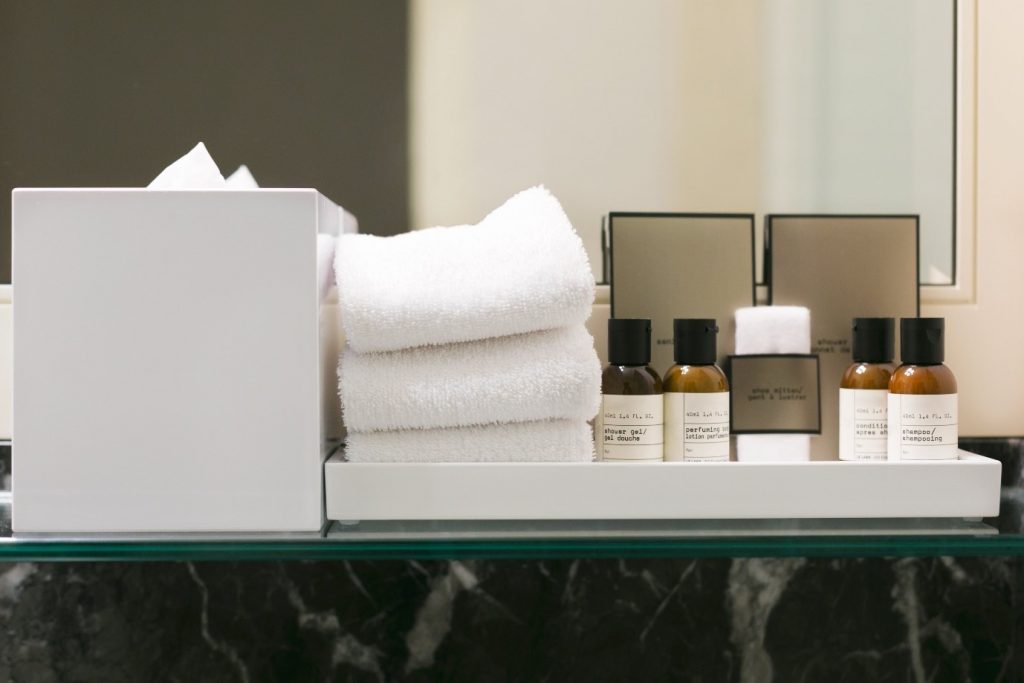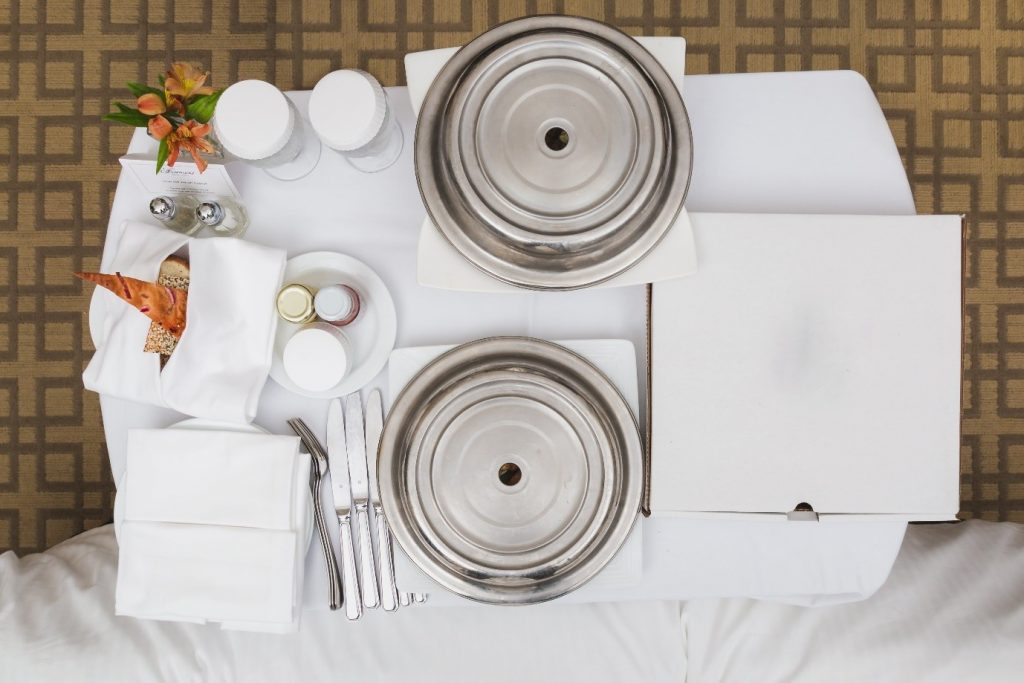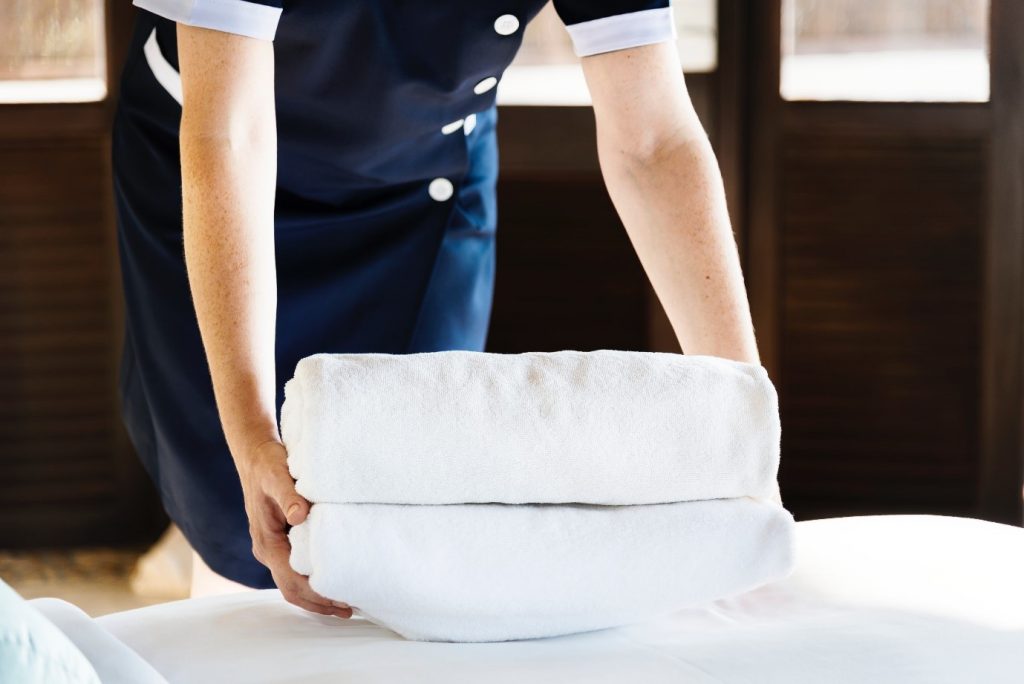When we think of holidays, the standard reaction is to think of golden beaches, warmer climates, palm trees and hotels. With the ever increasing costs of foreign adventures more and more people are looking for an alternative way to enjoy their break away. For many the answer could be on their doorstep….
Hospitality at Home
The UK is packed full of things to do and see. Exploring the Jurassic Coastline, taking in the history in Edinburgh to riding a carousel on Blackpool Pier. One of the most attractive prospects of holidays in the UK is the convenience of being able to drive to most destinations avoiding public transport and airports.
A key buzz word that is making its way into the UK hospitality industry is “RV Lifestyle”. Packing your necessities into a campervan (or Recreational Vehicle) and heading off on an adventure has become something of a fashionable trend.
So why choose a Motorhome Holiday?
Freedom and flexibility
Being able to take a detour or change plans at any time is an attractive prospect for holiday makers. Travelling in a motorhome means no flights or trains to be tied to, if a road looks interesting – take it! It can be handy to have a list of campsites in the area that will accommodate campervans as there are restrictions as to where you can park up for the night.
Home from home
Everything you need is contained in the vehicle, there is no need to cram camping equipment into the boot of the car, or pile suitcases around passengers on the back seat! Most motorhomes have clever storage options, and room for all the necessities.
Larger motorhomes have lounge areas, tables, kitchenettes, bedroom sections even washrooms. Smaller vans have kitchen facilities and fold out sleeping areas. There are many different options to suit every requirement.
Hospitality and Trends
The UK Caravan and Motorhome Club (https://www.caravanclub.co.uk/) estimates there are approximately 225,000 campervans on Britain’s roads. There are a multitude of pages on social media sites such as Pintrest dedicated to people “making over” old motorhomes, offering suggestions on clever furniture ideas and decorating.
Decisions to be made
Whether you want to own or rent a motorhome, there are a few things to consider:
- What do you want? Who is travelling with you, what type of space will be required? A motorhome trip for 2 will have very different needs than a family of 5.
- If you are planning on purchasing a motorhome, where will it be kept when you are not using it?
- Try it for size. Before purchasing a motorhome, rent one to make sure it is something you want to do. Purchasing a campervan can be quite expensive and if you don’t enjoy it, it is a costly error.
Where do we go?
If you are stuck for ideas on where to go on your campervan adventure, Your RV Lifestyle (https://www.your-rv-lifestyle.com/things-to-do-in-england/) have picked 100 Things to do in England! London to Lanhydrock, Dorset to Durham, this article will give you plenty to think about if you are planning a motorhome holiday.
For those who prefer to be stationary, Stewart Hindley & Partners are experts in raising finance in the hospitality industry. If you have ever considered owning and operating a hotel, bed and breakfast or guest house, get in touch with us today and we can help source the best loan for your business.

